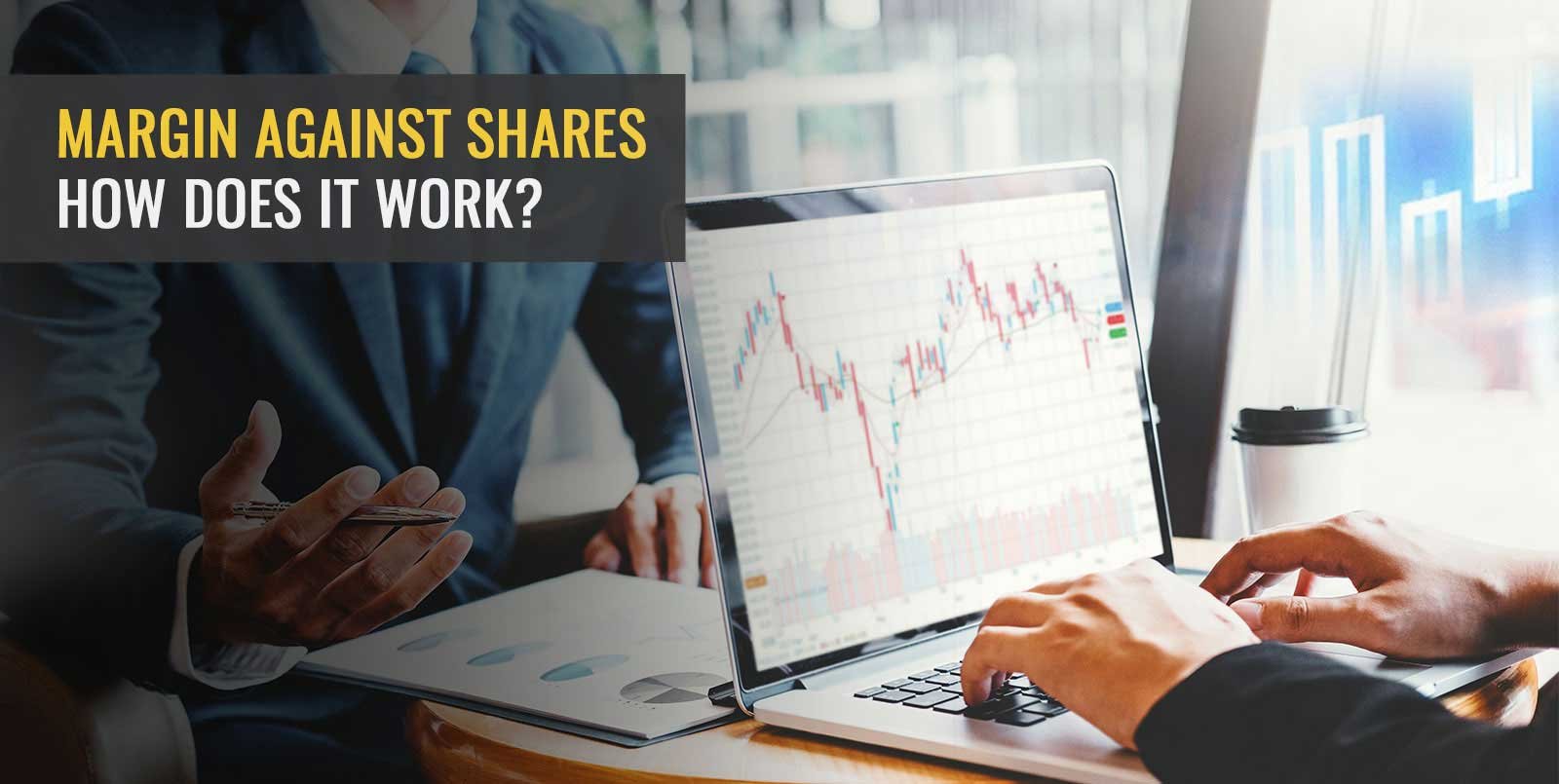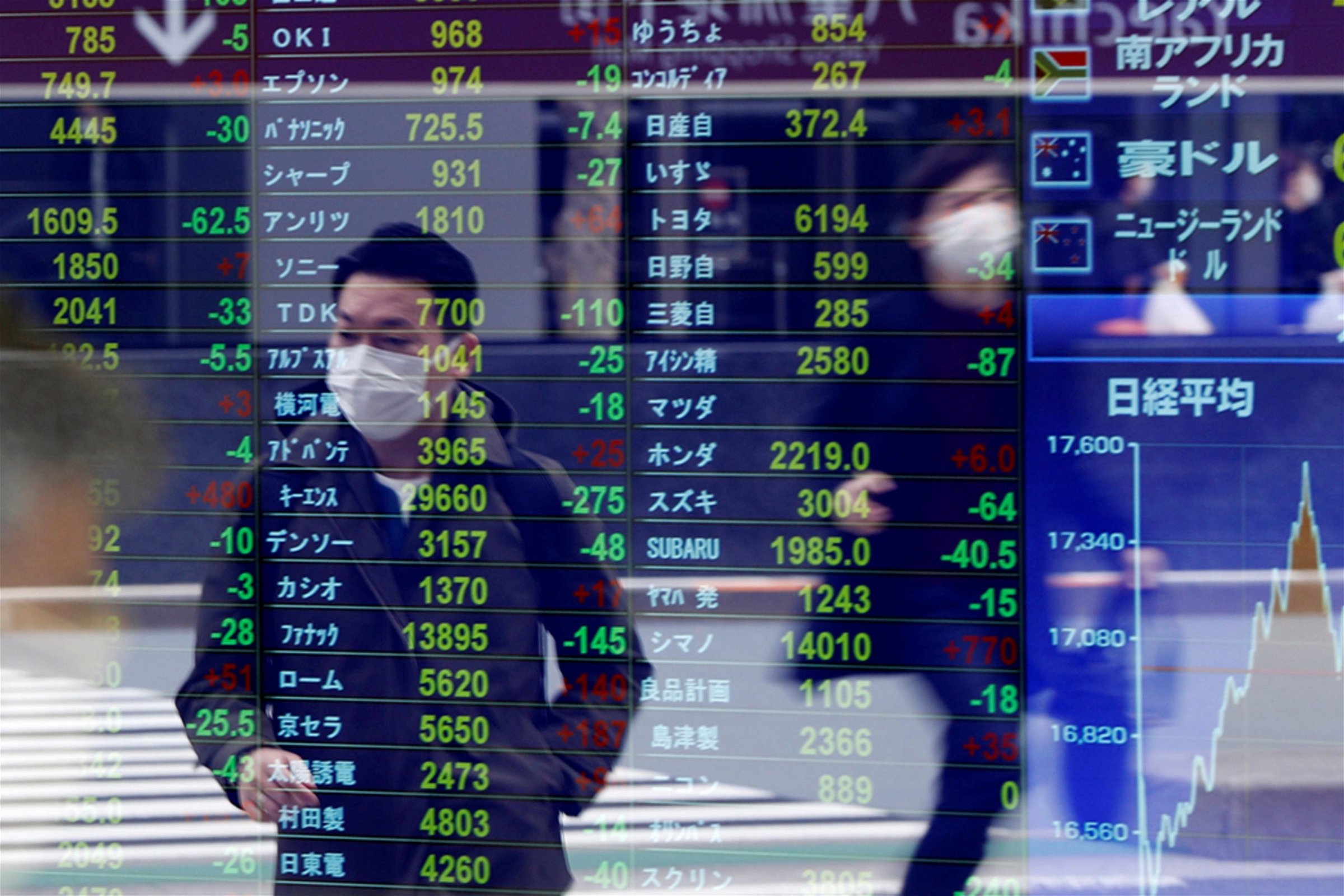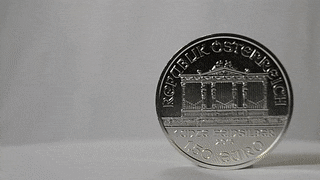Last updated on March 26th, 2024 at 10:33 am
Commodity refers to a raw material (can also be agricultural produce) that could be bought or sold. A fun fact: in ancient times, commodities were used as a currency in a system known as the Barter System. There are still certain places on Earth (like tribal areas) where the barter system is still prevalent.
Almost similar to this concept, commodities trading refers to the exchange of commodities in specific markets like Multi Commodity Exchange – MCX, The Universal Commodity Exchange – UCX, etc.
However, the global coronavirus pandemic shook everything. Trade Life Cycle is not the same anymore. We would be discussing this sudden shift caused by this pandemic and the exact situation of commodity trading today.
 A brief History of Commodity trading:
A brief History of Commodity trading:
Trading commodities could be easily linked back to even the prehistoric era. In fact, the rise and fall of entire empires have a direct relationship with their ability to sell and manufacture commodities. It would also be prudent to note that the empires that rose to dominance could create a complex and robust structure for commodity exchange.
In recent times this tradition of buying and selling commodities is retained. The only things that have changed are the commodities and the medium of transferring goods. Some of the most prominent ones responsible for commodity exchange are NYMEX, ICE, LME, etc.
Current State of Commodity trading:
It was 11th March 2020 when the World Health Organization declared the Coronavirus as a Global Pandemic. To curb the spread of the virus, lockdowns were initiated globally. Effectively, the world came to a standstill. Although a little normalcy has returned, however, things are far from what they used to be.
Because of the global shutdown, the demand and supply of commodities have been shaken from the inside, according to the reports of Commodity Market Outlook. The strength of the pandemic would determine how badly things would turn out to be in the future.
However, in today’s paradigm, things aren’t looking too optimistic. It has been estimated that this pandemic could leave a permanent impact on the supply chains, thus adversely affecting the producers and consumers worldwide.
The exact extent of the situation could be easily estimated by looking at the oil prices. The demand for oil is expected to go down by an unprecedented 9.3 Million barrels a day. The energy sector fairs no differently. The natural gas and coal prices are also supposed to fall by over 40% by the time this year draws to an end.
Metals (both precious and enterprise-grade) are also expected to fall. Needless to say, the entire world has been pushed to the brink of another recession. The only sector that remained untouched is the food sector. However, with the excessive regulations on export, things aren’t looking too bright.
What does it have to do with commodity trading, you ask? See, traders are in the game for profits and since the prices of almost all commodities are reaching an all-time low, so are their profits. Long-term challenges are being expected in commodity trading sectors.
Transport costs may start rising which would eventually accumulate as higher trading costs. Stockpiling goods can also result in restricting trade flows. Reduction of demand, supply chain disruption, and economic downturn can affect multiple economies and thus affect the commodity markets.
Companies worldwide struggled because of Covid-19. To overcome this, now every company have started giving the Investment Banking Training, that helps employees, traders, freshers, graduates to cover the financial crises and be ready for any such future crises.
An Investment banking career helps not only to manage the finances wisely but also helps to prepare the funds from a company level, business level to a retirement plan.
 The Investment Banking course is for each and everyone, there is no such criteria to apply for this course, except the graduation in any field. But this helps truly in making big Financial decisions.
The Investment Banking course is for each and everyone, there is no such criteria to apply for this course, except the graduation in any field. But this helps truly in making big Financial decisions.

